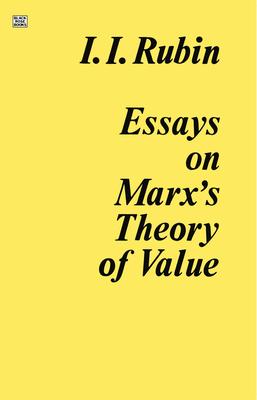According to the prevailing theories of economists, economics has replaced political economy, and economics deals with scarcity, prices and resource allocation. In the definition of Paul Samuelson, "economics - or political economy as it used to be called...is the study of how men and society choose, with or without the use of money, to employ scarce resources, which could have alternative uses, to produce various commodities over time and distribute them for consumption, now and in the future, among various people and groups in society."
If economics is indeed merely a new name for political economy, and if the subject matter which was once covered under the heading of political economy is now covered by economics, the economics has replaced political economy. However, if the subject matter of political economy is not the same as that of economics, then the "replacement" of political economy is actually an omission of a field of knowledge. If economics answers different questions from those raised by political economy and if the omitted questions refer to the form and the quality of human life within the dominant social-economic system, then this omission can be called a "great evasion".
Economic theorist and historian I.I. Rubin suggested a definition of political economy which has nothing in common with the definition of economics quoted above. According to Rubin, "Political economy deals with human working activity, not from the standpoint of its technical methods and instruments of labour, but from the standpoint of its social form. It deals with production relations which are established among people in the process of production." In terms of this definition, political economy is not the study of prices or of scarce resources; it is the study of social relations, a study of culture.
Rubin's book was first published in the Soviet Union, and was never re-issued after 1928. This is the first and only English edition. The translators are Miloŝ Samardźija and Fredy Perlman. The book also includes an outstanding introductory essay Commodity Fetishism by Fredy Perlman.
